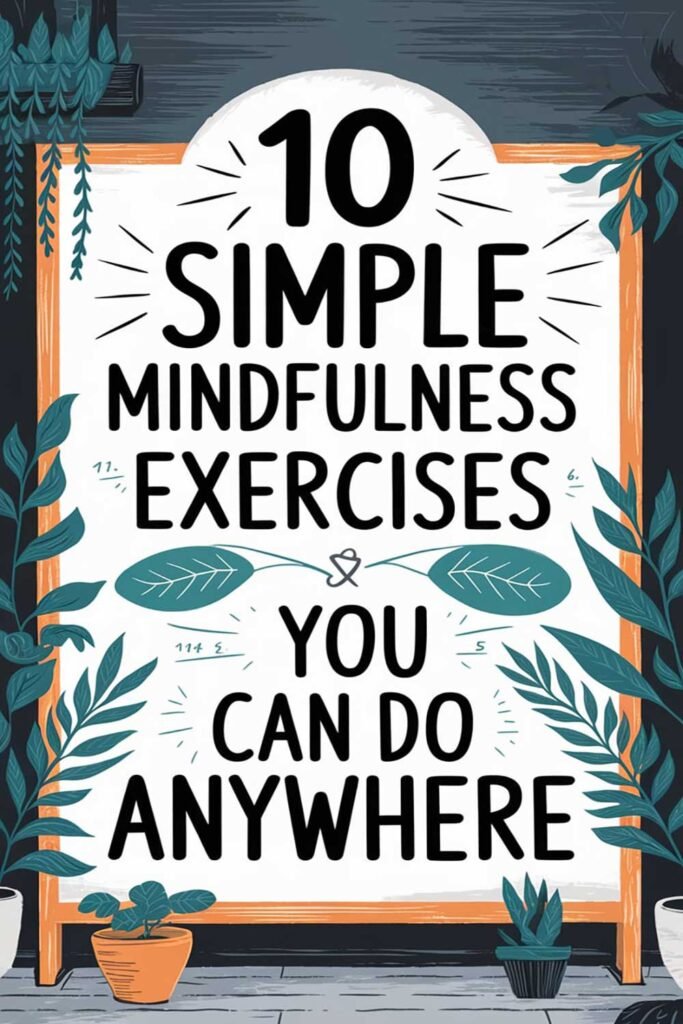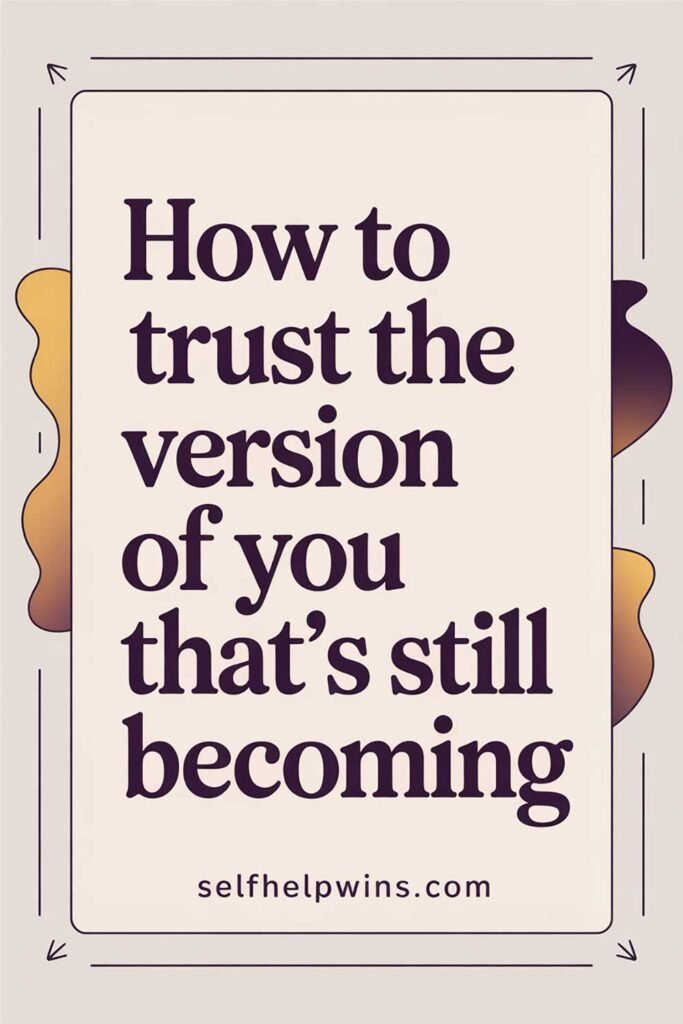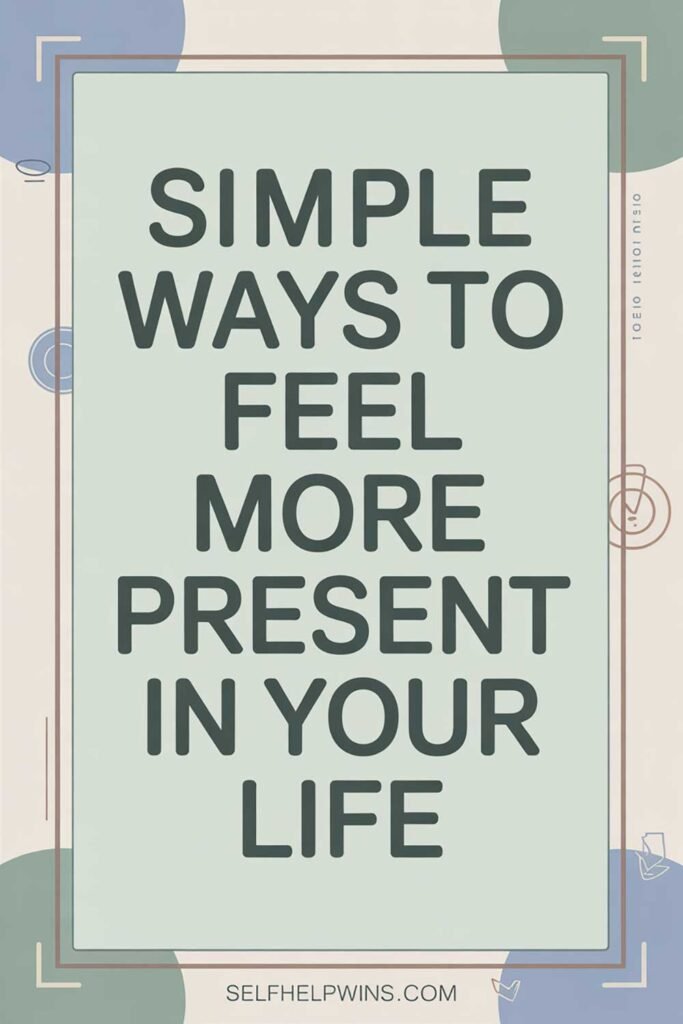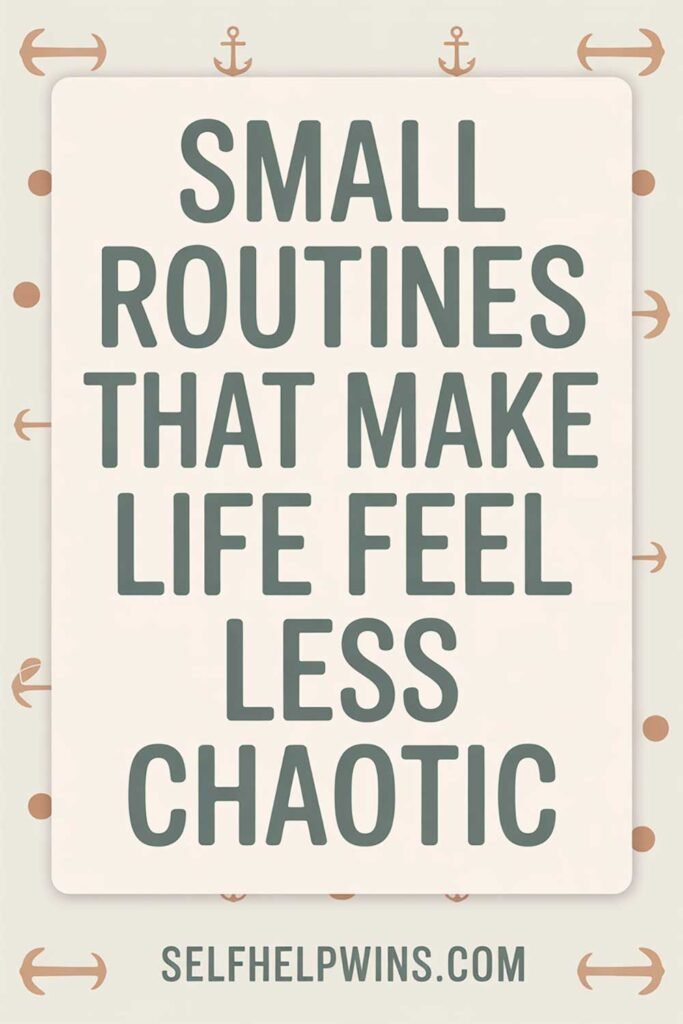How to Journal Your Way to a Stress-Free Mind
In a world full of distractions, responsibilities, and constant mental noise, finding peace of mind can feel like chasing clouds. But there’s one simple, powerful practice that has helped millions manage stress, clarify their thoughts, and restore inner calm: journaling.

Journaling isn’t just for writers or introspective thinkers—it’s a proven method for emotional release, mental clarity, and even personal growth. In this in-depth guide, you’ll learn how to journal your way to a stress-free mind using practical techniques, real-life examples, and powerful prompts that work.
Why Journaling Helps You Manage Stress
When stress builds up, your mind becomes cluttered. Journaling acts as a release valve, allowing you to:
- Process emotions safely
- Untangle anxious thoughts
- Reflect and gain perspective
- Improve mental clarity
- Strengthen your sense of control
Scientific studies show that expressive writing lowers cortisol levels (the stress hormone), improves mood, and even boosts immune function.
10 Journaling Techniques That Soothe the Mind
1. Stream-of-Consciousness Writing (Brain Dump)
Write without filtering or editing. Just pour your thoughts onto the page.
Real-Life Example:
Jessica, a college student, began journaling every night to unload her worries. She says, “It was like taking a shower for my brain. I slept better and panicked less.”
2. Gratitude Journaling
Write down 3–5 things you’re thankful for each day. This rewires your brain to focus on positivity rather than anxiety.
3. Prompt-Based Journaling
Use targeted questions to uncover deeper thoughts and reduce mental overwhelm.
Examples:
- What’s bothering me right now, and why?
- What can I let go of today?
- What would make me feel lighter?
4. Emotion Tracking
Name and explore your emotions. Write about what triggered them and what you need to process them.
5. Visualization Journaling
Write about your ideal day, life, or self. This reduces stress by giving your brain a positive blueprint to follow.
6. Worry Journals
Set a timer for 10 minutes. Write down every worry that crosses your mind. When the timer ends, close the journal—and leave your worries there.
7. Evening Reflections
Reflect on the highs, lows, and lessons of the day. This creates closure and prepares your mind for rest.
8. Affirmation Journaling
Write affirming statements about your strength, resilience, and capacity to heal. Repeat them out loud.
Example: “I am doing my best, and that is enough.”
9. Problem-Solving Journaling
Break down challenges into smaller parts and brainstorm possible solutions. Writing removes the emotional charge and brings clarity.
10. Mindful Moment Capturing
Write about a moment from your day when you felt peaceful, joyful, or present. This practice trains your brain to notice calm amid chaos.
Real-Life Success Stories
Amanda’s Morning Mind Cleanse
Amanda, a busy mom of two, wakes up 20 minutes early every day to journal. She uses stream-of-consciousness journaling and gratitude prompts. “It’s my therapy,” she says. “It keeps me grounded, patient, and sane.”
Leo’s Stress-Relief Habit
Leo struggled with anxiety for years. His therapist recommended journaling. He now uses a worry journal before bed and emotion tracking during his workday. “It gave me a tool to pause and observe myself,” he says.
How to Build a Journaling Habit
- Start small: 5 minutes a day is enough
- Keep your journal in a visible place
- Use a physical notebook or a journaling app
- Make it part of your morning or evening routine
- Don’t judge your writing—just let it flow
- Pair it with calming rituals (tea, soft music, candlelight)
20 Quotes About Journaling, Mindfulness, and Stress Relief
- “Fill your paper with the breathings of your heart.” – William Wordsworth
- “Journaling is like whispering to one’s self and listening at the same time.” – Mina Murray
- “Keeping a journal is a journey to the center of the soul.” – Unknown
- “The more light you allow within you, the brighter the world you live in will be.” – Shakti Gawain
- “What we don’t bring to consciousness appears in our lives as fate.” – Carl Jung
- “You can’t calm the storm, so stop trying. What you can do is calm yourself.” – Timber Hawkeye
- “Journaling is paying attention to the inside for the purpose of living well from the inside out.” – Lee Wise
- “You are not your thoughts. You are the awareness behind them.” – Eckhart Tolle
- “The soul always knows what to do to heal itself. The challenge is to silence the mind.” – Caroline Myss
- “If you want to conquer the anxiety of life, live in the moment, live in the breath.” – Amit Ray
- “Stress is caused by being ‘here’ but wanting to be ‘there.’” – Eckhart Tolle
- “A journal is your completely unaltered voice.” – Lucy Dacus
- “Writing is the painting of the voice.” – Voltaire
- “There is no greater agony than bearing an untold story inside you.” – Maya Angelou
- “You owe yourself the love that you so freely give to others.” – Unknown
- “Everything you need is already inside you.” – Unknown
- “Journaling is like a flashlight for the soul.” – Unknown
- “Writing is medicine. It is an appropriate antidote to injury. It is an appropriate companion for any difficult change.” – Julia Cameron
- “Tears are words the heart can’t express. Let your journal speak them for you.” – Unknown
- “Healing begins when we let our truth rise to the surface.” – Brené Brown
Picture This
It’s a quiet evening. You’re curled up with a warm drink, your favorite pen in hand, and a blank page waiting. The day’s chaos begins to soften. You write without judgment, without rules—just honesty. With every sentence, the weight lifts. Your heart feels a little lighter, your breath a little deeper. You didn’t just write in a journal—you found peace inside your pages.
What if five minutes of writing a day could change your entire mental landscape?
Share This Article
If this article helped you understand how journaling can lead to a calmer, clearer mind, share it with a friend or loved one. You never know who might need the reminder that healing can begin with a pen and a blank page.
Disclaimer
This article is for informational and educational purposes only. It is based on personal experiences and general wellness practices. Journaling can be a powerful tool for mental well-being, but it is not a substitute for therapy or medical treatment. Please consult a qualified professional for any mental health concerns. Results may vary.






